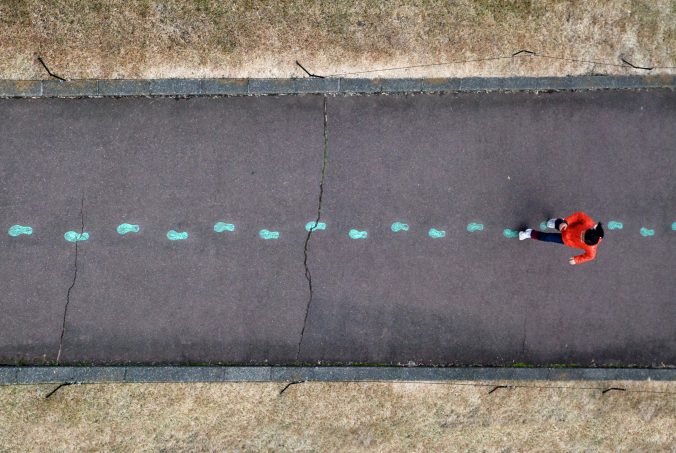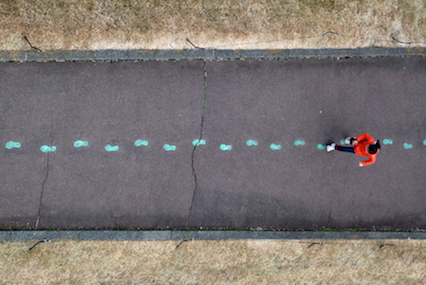At the start off school, I was certain that I would bike every day. My confidence was so great that I actually laid the gauntlet down in one my classes, announcing publicly that I intended to ride each and every day.
After more than a month of school, I can say that I’ve fallen short of that goal. Yet on the flip side, I can take pride in that I haven’t stopped all together.
I would say that now, I am riding around 2 days a week max. That’s not bad, considering one of my days is observing in Claremont, and there is no way I’m riding all the way out there.
But still, I have fallen short of my goal, and this begs the question — why?
There are several reasons I can think of off the bat.
- It turns out I don’t like riding in the rain. I did it a couple times in September and I got totally soaked. I have a rain coat, which worked well, but until recently I didn’t have fenders. I also still don’t own rain pants, which is practically essential if you’re going to be riding in the rain
- I feel overwhelmed. In addition to school — which has six classes! — I am working 6 hours a week and also trying to workout 3 days a week at the CARA. I am finding it hard to keep up with everything. And one of the ways I’ve been able to cope is by not biking to school.
- I discovered the bus. I mean, have you taken the bus? The service is first-rate. It’s free. And the bus picks up near my home. It’s also warm.
Ultimately, I think I could bike everyday if I really wanted to. The first thing I’d need to do was buy some rain slicks and also tune up my bike, which isn’t running as hot as it could be.
But quite frankly, I’m OK with not biking to school everyday. I love doing it when I do it – nothing beats the exhilaration of arriving here first thing after a good peddle – but I’ve got so many balls in the air right now that it’s hard.
I am therefore practising self-compassion. I have adjusted my goals to 2 days of biking a week. And for this I am feeling much better.



